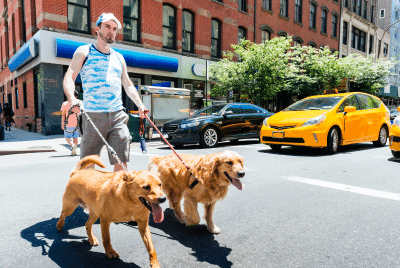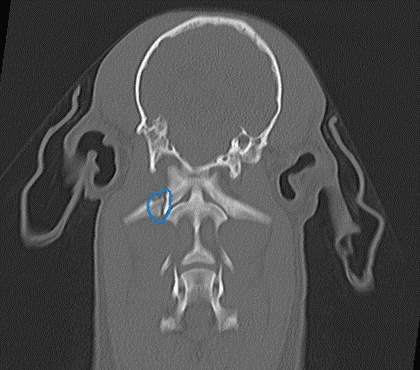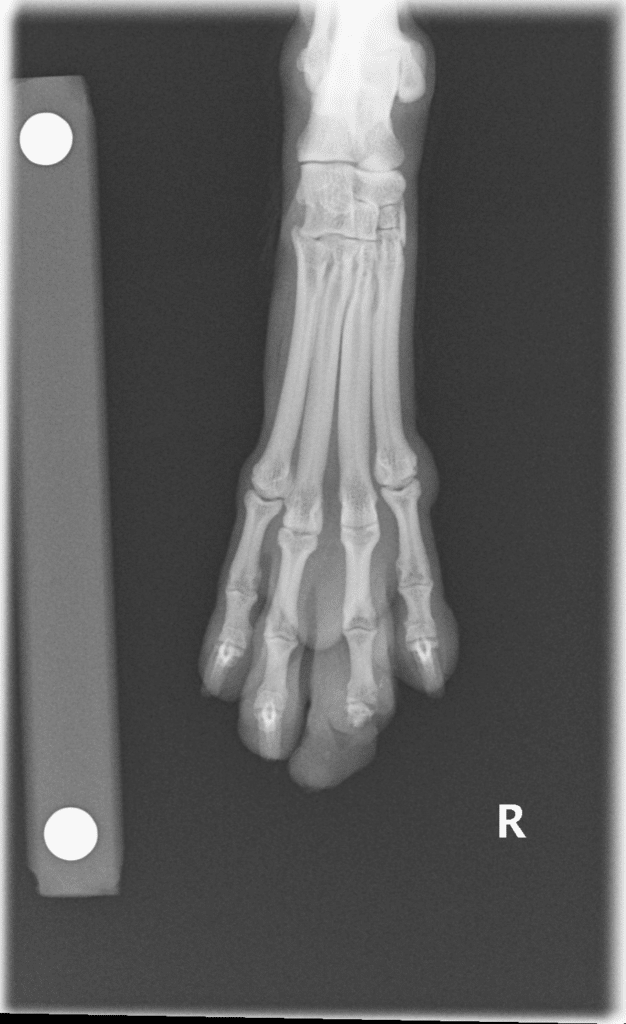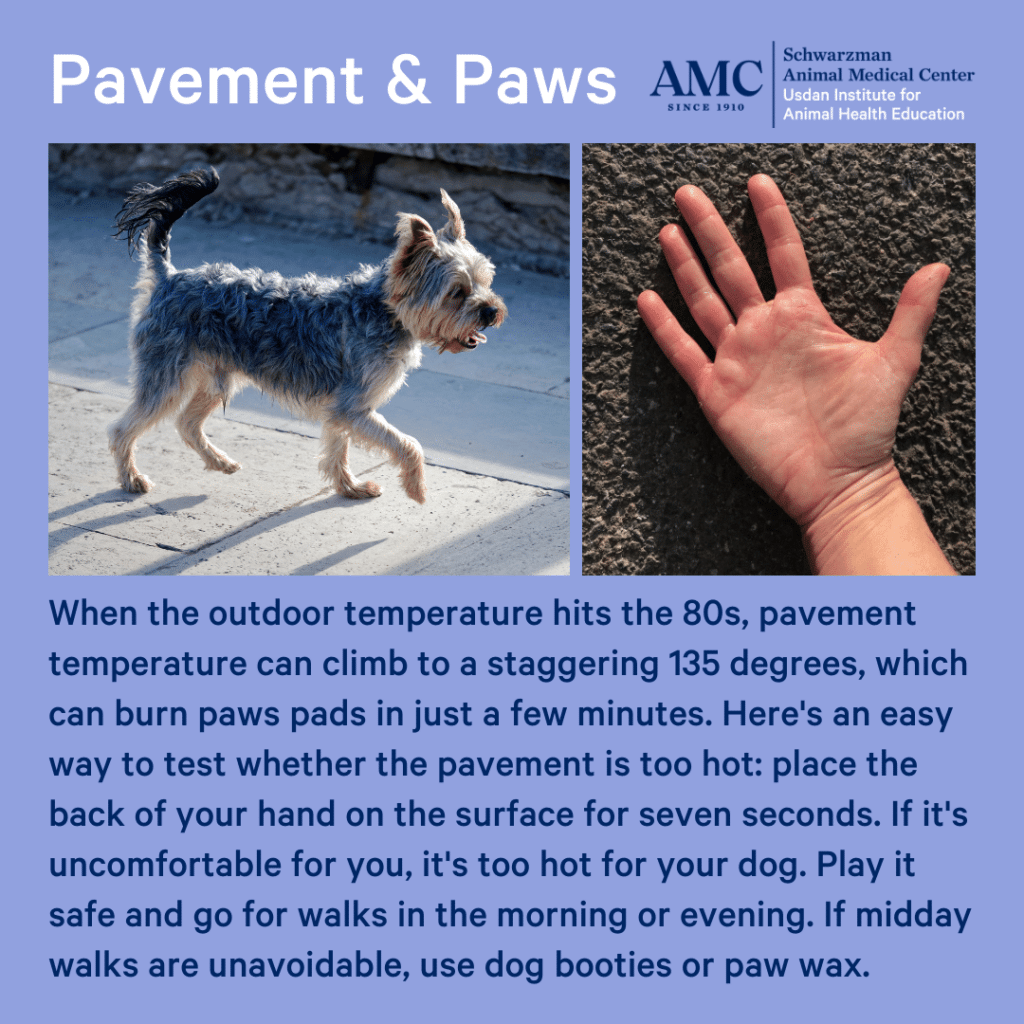
[ad_1]

Every morning at about 5 am, the Schwarzman Animal Medical Center’s Emergency Service sends out a list of all pets admitted to the hospital overnight. Recently, one admission caught my attention: a small dog admitted with a fractured neck bone because of an altercation with a revolving door. Fortunately, the fracture was not near his spinal cord. The little guy was in lots of pain and his treatment protocol called for activity restriction, rest and pain medications. He is on the mend, but this shocking story made me wonder about other uniquely urban hazards that might impact the health of your dog.

Elevator and Escalator Dangers for Dogs
Because the urban landscape is vertical, not horizontal, we have lots of escalators and elevators. I can always tell if I am riding an elevator with a suburban dog. Once the cab starts to move, the dog crouches down and starts shaking. But that anxiety is typically only minor. Elevators pose a much more serious threat of strangulation if your dog’s leash gets caught in the elevator doors as they close. When the cab starts moving, the ensnared leash causes the collar to become tight around your dog’s neck and can cause serious injury or death. Remember: never drop the leash while your dog enters or exits the elevator cab.
Escalators pose their own threats to pet safety. AMC’s Surgery Service recently cared for a dog whose toe got caught in the grooves of the escalator stairs, causing serious injury. In this dog, part of the toe was fractured, necessitating toe amputation.

Rat and Rodenticide Dangers for Dogs
Unfortunately, it is not uncommon to see rats in broad daylight in New York City, as I did last Sunday morning on my walk in Central Park. To control vermin, park staff places rodenticide in areas frequented by rats, but those areas may also be frequented by dogs. If dogs consume rat poison, they can become extremely ill. Two types of rat poison are commonly used in NYC. One type inhibits blood clotting. Dogs that eat enough of this type of poison bleed internally. The other type of rat poison causes an elevation in blood calcium. Prolonged elevation in blood calcium can cause kidney damage. The proliferation of outdoor dining sheds during the pandemic have resulted in a dramatic increase in NYC rats, which can carry leptospirosis, a disease that can strike dogs as well.
Shopping Cart Dangers for Dogs
In New York City, many stores welcome dogs, and all New Yorkers have seen a small dog riding in the kiddy seat of a shopping cart. While this is certainly cute, dog owners should never leave their dog unattended in a shopping cart. At AMC, we recently treated an elderly dog who fell out of a shopping cart and became paralyzed. Fortunately, the paralysis was temporary.
High Rise Syndrome in Dogs
High rise syndrome refers to a common set of injuries that occur when a pet falls from a high place, such as a window or balcony. Although most common in cats, dogs do occasionally fall too. Serious injuries result, which in dogs can include fractured legs and spinal trauma. Remember: always use window screens, and if you are lucky enough to have a balcony or terrace, make sure it is pet proof.
Urban Sidewalk Hazards for Dogs
Sidewalks are generally safe places — certainly much safer than the street — but, as a veterinarian, I have concerns about sidewalks and your dog. First, are the sidewalk snacks. All kinds of things you don’t want your dog to eat can be found in the sidewalk buffet: chicken bones, cigarette butts, pizza, used tissues, wrapped candy and poop of all varieties. In addition, during hot summer months, pavement can become dangerously hot and burn your dog’s paw pads. AMC’s Usdan Institute for Animal Health Education has an infographic to help you determine if the street is too hot for a walk.

Don’t Skip the Flea, Tick, & Heartworm Preventative
Just because you’re not living in the woods does not mean your dog is free from these parasites. Cities have fleas, ticks and heartworms too! Be sure to work with your veterinarian to develop a good preventive protocol for your city dog. City living with dogs can be great – just remember to take the correct precautions!
Tags:
amcny, animal medical center, animals, ann hohenhaus, canines, city, dogs, health, medicine, NYC, pets, urban, veterinary,
[ad_2]
Source link

Leave a Reply